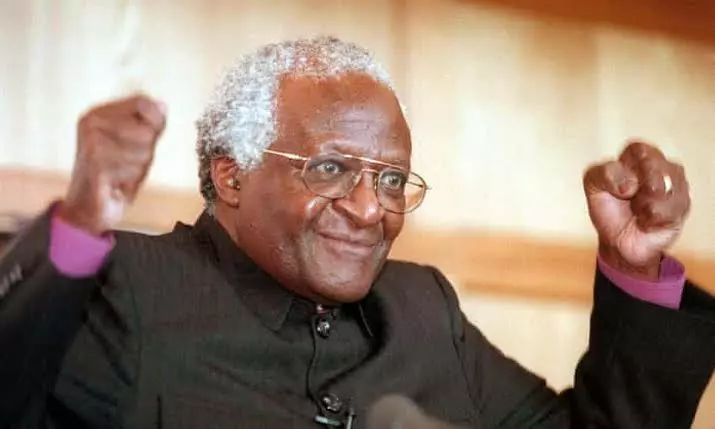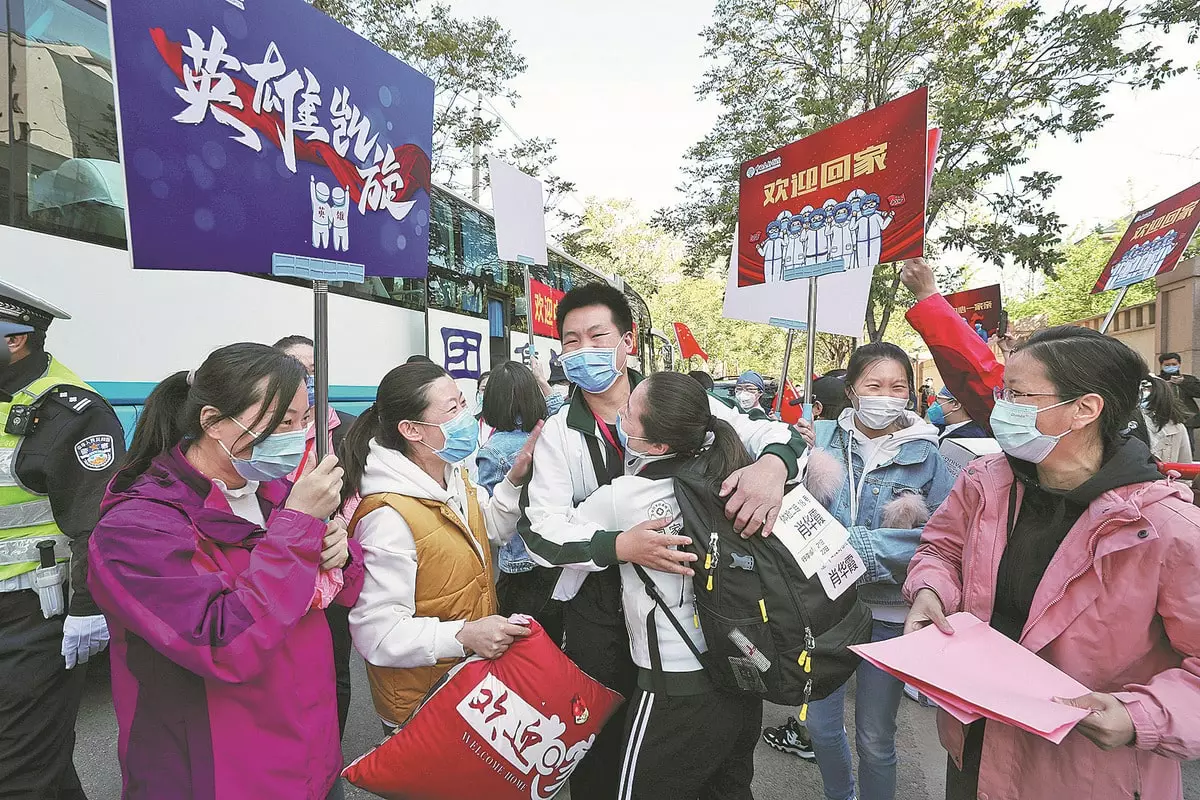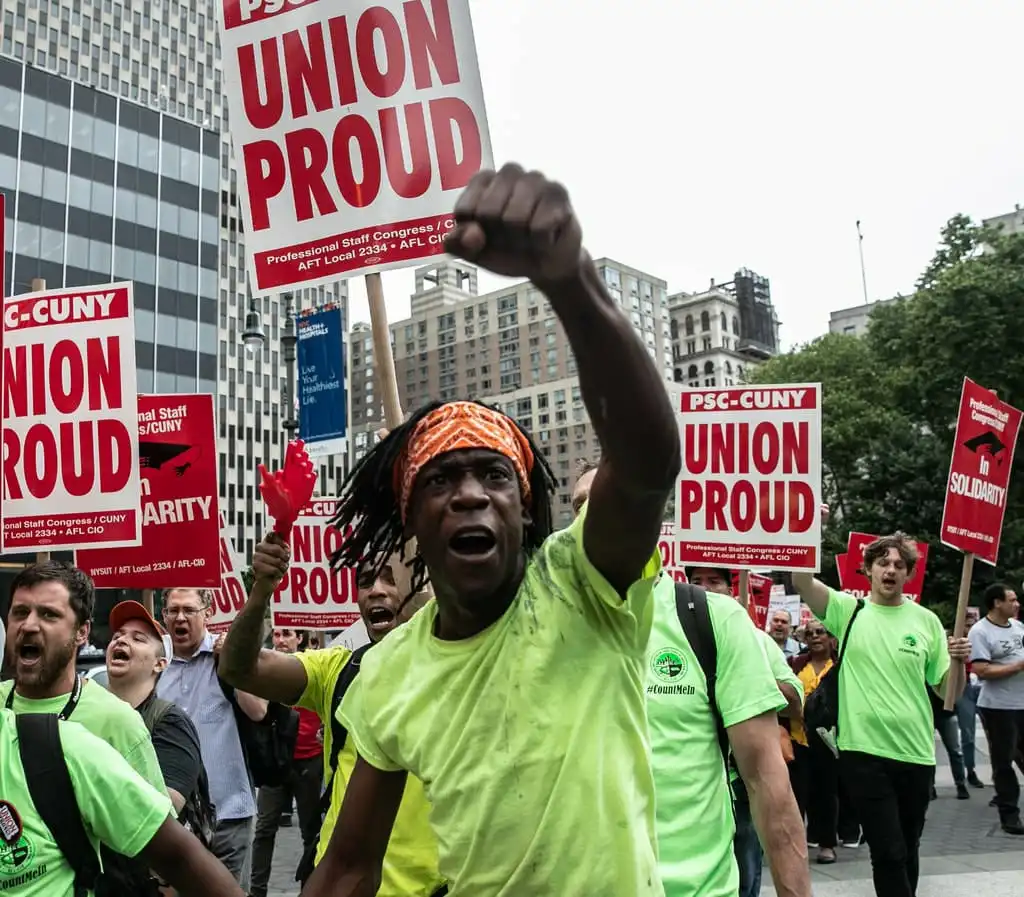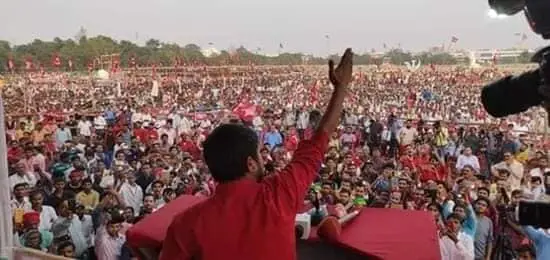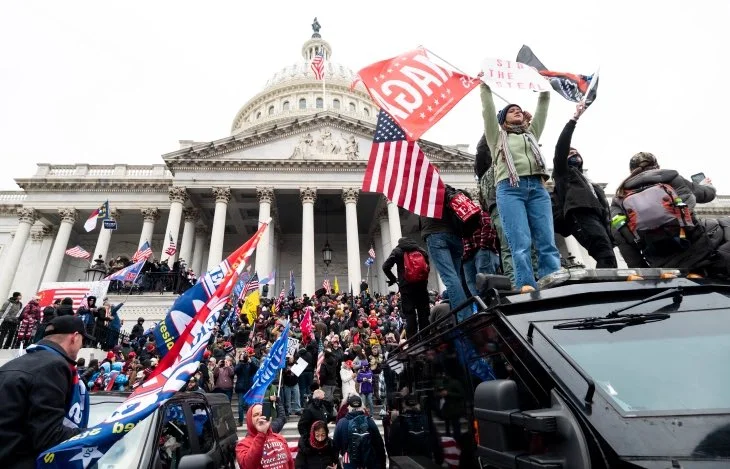There has been the shedding of workers’ blood in the world cup stadiums. There are those families who will never again see their husbands and sons who died at Qatar building football stadiums for the elite and wealthy of this world. It has been recorded that over 6, 000 workers perished from all over the Middle East as well as Nepal, Bangladesh, India, Pakistan, Philippines and Kenya, workers who created the world cup venues. Those who will take the pilgrimage to Qatar to see the national football teams come to that country to fight a war on the pitches, for the most part, will not be aware of the workers who worked themselves to their deaths for their privilege. Football is a political war by another means. We should also concede that football is a war of class struggle. Where those workers, who have little economic substance to maintain themselves and their own families, are the ones who sacrifice themselves in creating football stadiums and pitches so that the more privileged across this world can enjoy the luxury of watching commercialized football.The art of great football is a rare thing in this modern world.
If you are a socialist, We need you now!✕
We are proudly biased towards Anti Capitalist, Anti Imperialist, Anti fascist! We believe we don’t need to mention you the importance of marxist magazine in this era! We are depending on our comrades only! Make an investment of $2.5/m in making a quality journal inclined to Marxism Leninism! Your one potential subscription helps us to maintain our global team! Subscribe and get access of all exclusive content available at the magazine section!
Before the coming of the FIFA World Cup which commences on November 20, 2022, in Qatar, a former army comrade of mine, Alexander Gabbrielli, who was born in Italy and whose favorite football team is INTER MILAN since his birth, sent me an important website link on the commemoration of the workers’ deaths recorded as football trading cards. According to his grandmother who told him later in life that “You came into an Interista household, what do you expect?” This memory of Gabbrielli’s grandmother reflects the intensity of the endless legends of football. On the poignant cards Gabbrielli sent me are the images of the workers who died in the heat of Qatar. I bring up the story of my former comrade and the over 6,000 workers who died, because they like Gabbrielli had their favorite football teams, and they like my army comrade also a family heritage of football in their private history. On the website “CARDS OF QATAR” there is this introductory commentary as to why the cards were created in the first place:
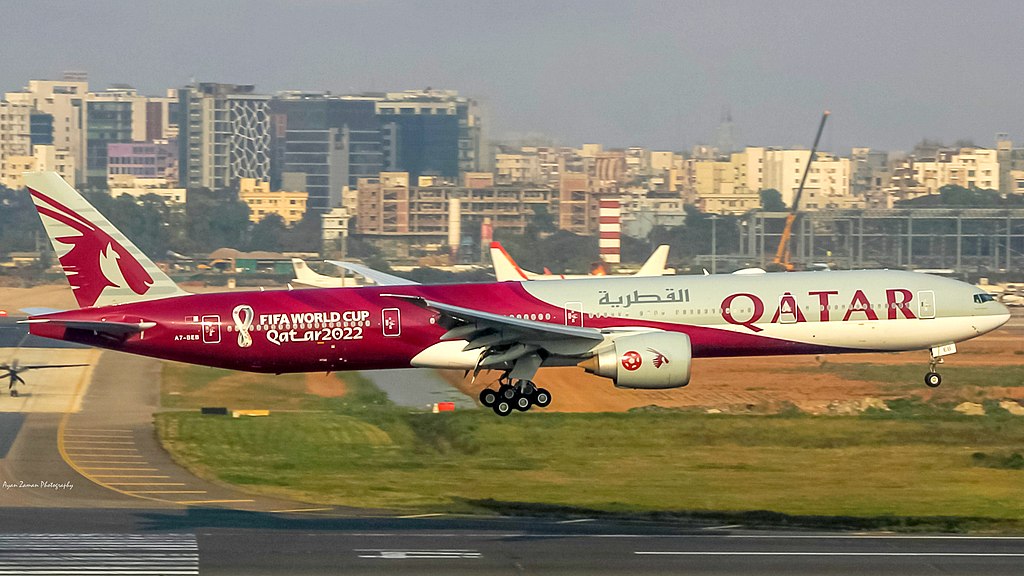
ABOUT CARDS OF QATAR
Since Qatar was awarded the World Cup, thousands of migrant workers have died or gotten injured in Qatar. The reportage series Cards of Qatar by investigative journalism platform Blankspot shows the reality behind the statistics. In a catalogue of football cards facts about the players have been exchanged for the deceased migrant workers and their fate. At the launch of Cards of Qatar 33 ABOUT CARDS OF QATAR dead migrant workers from rural Nepal, India and Bangladesh have been published. Their relatives have told Blankspot the real story of their close ones. We will publish more cards until kick off in November 2022.
“These workers are not just statistics. Their stories need to be heard. At first glance, everything from the portraits, the glossy surface, and the packaging creates the impression of authentic football cards. But at a closer look, the portraits and stories belong to migrant workers in Qatar, each with an unfiltered story,” says Martin Schibbye, chief editor and co-founder of Blankspot. The cards are complemented by long-form articles and interviews with players, politicians and workers’ organizations.
With the images of these workers who come throughout the Third World, let us place their lives within the context of living history as well, so that their memory is not just one of a private grieving, but a historical document that should be immortalized no different than those who died in wars.
As early as Christmas Eve, December 24th, 2014, RT was reporting on the tragic situation of workers dying at Qatar. As quoted by that Russian news outlet—
“New data reveals that Nepalese construction workers building the 2022 World Cup facilities in Qatar have been dying at a rate of one every two days in 2014 due to bad working conditions, the Guardian reports… The new death toll comes after Qatar promised to improve working conditions, following 2013 news reports that revealed the dire situations the workers face.The Gulf state said it would implement recommendations published in the DLA Piper’s May report, which were based on the conclusions of the investigation ordered by the government.
The report said that 964 workers from Nepal, India and Bangladesh died while residing and working in Qatar in 2012 and 2013.After the report was published, local authorities promised to change the kafala system, which keeps workers contractually committed to employers. However, following the revisions, workers are still bound to their employers for up to five years.” The underlying report by the formerly named “Russia Today”which is actually in Russian Rossiya Segodnya
With compelling insight and data compiled by various government agencies throughout Southeast Asia and beyond, the British news website, The Guardian, wrote the following:
More than 6,500 migrant workers from India, Pakistan, Nepal, Bangladesh and Sri Lanka have died in Qatar since it won the right to host the World Cup 10 years ago, the Guardian revealed.The findings, compiled from government sources, mean an average of 12 migrant workers from these five south Asian nations have died each week since the night in December 2010 when the streets of Doha were filled with ecstatic crowds celebrating Qatar’s victory.
Data from India, Bangladesh, Nepal and Sri Lanka revealed there were 5,927 deaths of migrant workers in the period 2011–2020. Separately, data from Pakistan’s embassy in Qatar reported a further 824 deaths of Pakistani workers, between 2010 and 2020.
However, the reporters go deeper in not only giving the reader statistics as to the amount of staggering deaths of the men who died in the sweltering heat and accidental deaths during the construction work of the various world cup facilities, but they also revealed how the workers were part of a larger pattern of systematic infused cheap labor from economically poor countries that found their way into wealthy countries that harbored no interest in the welfare of the migrant workers. As the Guardian reported noted:
In the past 10 years, Qatar has embarked on an unprecedented building programme, largely in preparation for the football tournament in 2022. In addition to seven new stadiums, dozens of major projects have been completed or are under way, including a new airport, roads, public transport systems, hotels and a new city, which will host the World Cup final.While death records are not categorised by occupation or place of work, it is likely many workers who have died were employed on these World Cup infrastructure projects, says Nick McGeehan, a director at FairSquare Projects, an advocacy group specialising in labour rights in the Gulf. “A very significant proportion of the migrant workers who have died since 2011 were only in the country because Qatar won the right to host the World Cup,” he said.”
I would further state that the deaths of the thousands of workers who died at Qatar died in the squalor of working conditions that were in fact similar to what enslaved workers endured in the building of public roads and municipal buildings and gladiator stadiums in ancient Rome.
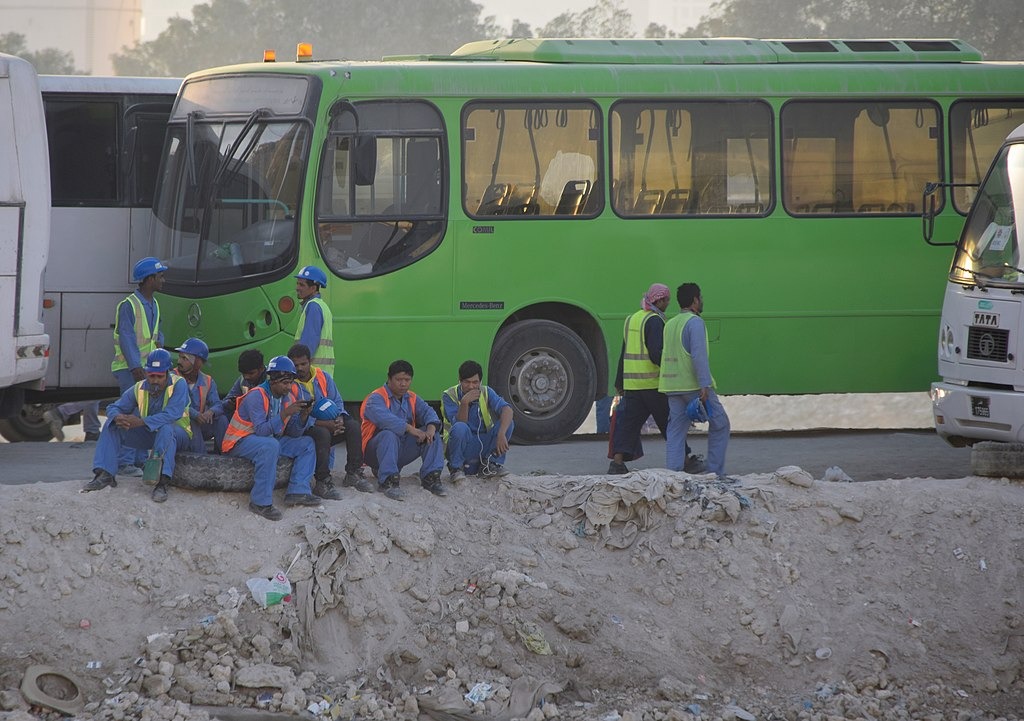
Allow me to paraphrase what the two Guardian writers, Pete Pattisson and Niamh McIntyre wrote about three workers who give up their lives in Qatar. How shall we remember the worker, Ghal Singh Rai, who came from Nepal to Qatar and paid almost £1,000 in recruitment fees for his job as a cleaner in a camp for workers building the Education City World Cup stadium, only to commit suicide within a week after arriving to the sordid worker’s camp? There is also the Bangladesh worker, Mohammad Shadid Miah, who is pictured within the Guardian article wearing ironically a turquoise sweater hoodie with the name “Los Angeles” on the front. The very young Bangladesh worker was electrocuted when his room was flooded, and the water came into contact with exposed electrical cables, killing him. And finally, from the great country of India, where millions of workers endure endless hardship by the millions, the family received news that their father,Madhu Bollapally, died of “natural causes” while working in Qatar, something that his family has never understood. Madhu Bollapally, the laborer who worked for slave wages and who helped build stadiums in Qatar was found dead on his dorm room floor. Such is the tragic fate of some of the workers who gave their lives for the FIFA World Cup. When millions of us turn on our television to watch the world’s greatest spectacle, let us think also about the workers who created those football stadiums and gleaming, green pitches, as the ball moves ever so elegantly on in the sweltering heat of Qatar, where a Kingdom is awash in the obscene imagery of modern day capitalism.
What should not also be lost in the deaths of these thousands of world cup workers is the power of foreign policy and diplomacy. With some pioneering insight on the struggle of workers’ rights internationally, it was the Italian Marxist scholar, Domenico Losurdo who wrote this comment:

Does an interest in ‘foreign policy’ have nothing to do with class struggle? Is it in fact a distraction from the latter?
In reality, according to Longuet’s testimony, passionate sympathy for the ‘movements of oppressed nationalities’ burned in the ‘temple of historical materialism’—the doctrine that construed as the history of class struggles.
The modern nation-states should play a more significant role in a working relationship with FIFA (Federation Internationalede Football Association) concerning the welfare of not only football players, but the ethical integrity of the various country venues that host the World Cup, which also includes the rights of workers who build and make such football spectacles possible. International politics go hand in hand with international diplomacy regarding all interactions of human relationships, and that includes the very nature of the game of football as well. Football is an integrated part of the modern human condition, and is a metaphor for political, physical activity, not unlike the issues of war and peace fought on battlefields.
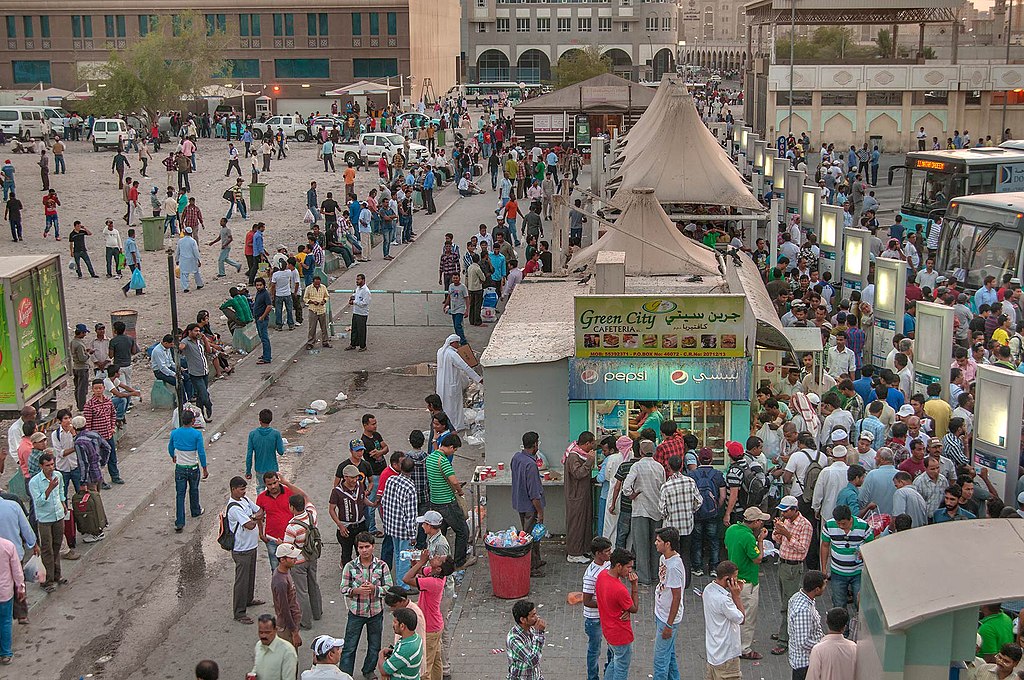
As a former football manager who created a football team in Vermont called FC Vermont-Champlain there was once an incident that took place with a footballer that I have never forgotten.In a small, but significant way it made me understand the nature of foreign policy and its relationship to football. I had on my team a footballer who was from Russia, a young Russian worker. The young Russian footballer was a fullback for the team, and he approached me timidly explaining that he wanted to play desperately, but that he had no football boots. With the utmost delicacy, I approached several players to ask them if they had an extra pair of boots that would fit the Russian player’s feet. It was an Anglo-American footballer who quickly offered a pair of extra football boots (he was a former university student) and which he gave freely to his fellow footballer. I thanked him, telling him that his generosity was important not only for the team but for me as the football coach as well. I remember clearly that there were African players on my team who also offered the Russian footballer to use their own boots, when they were not on the pitch. It was through this international discourse of footballers on my football team, as well my understanding of using the correct language of diplomacy that contributed to the Russian footballer coming onto the pitch for us. He played his heart out for us.
In ending my commentary on the death of the more than 6,000 workers who gave up their lives needlessly for a country, that is Qatar, whose concern is not so much about the profound aspects of football in general for the world community, but whose stakes are political and commercial within the international body politic of corporate football, my former army comrade Alexander Gabbrielli wrote a poem which describe for us the profound deaths of these men:
FIFA LEFT US THEIR FACES
6,500 player cards with faces of dead workers,
in Qatar,
FIFA left us their faces,
Cement mixers,
Left us their tombs.
Alexander Gabbrielli, United States
Cover Photo Credit - History of Soccer

